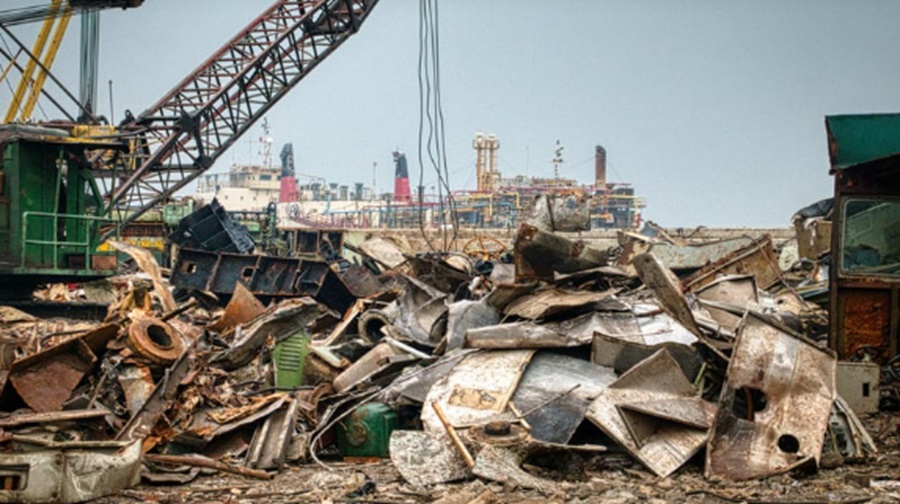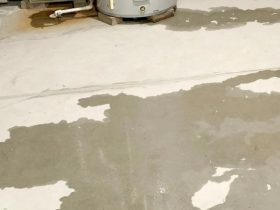When scrap metal begins to pile up at job sites, warehouses, or manufacturing facilities, disposing of it properly is critical, not just for cleanliness and safety, but for turning waste into revenue. That’s where roll-off services come in. Businesses and contractors looking to streamline their metal recycling efforts can benefit from professional solutions like roll-off for scrap metal in Canton, which simplify collection, removal, and processing.
Roll-off containers are not just for convenience—they’re an essential part of efficient and profitable scrap management. Here’s how they work and why they matter.
What Are Roll-Off Scrap Containers?
Roll-off containers are large, open-top bins delivered directly to your site. They’re typically used to collect scrap from construction, renovation, demolition, and industrial operations. Once filled, they’re hauled away by the service provider and delivered to a certified scrap facility.
Instead of coordinating frequent trips to a recycling yard, roll-off containers give businesses a central point for secure, large-scale scrap storage and pickup, saving both time and labor costs.
Why Businesses Prefer Roll-Off Services
Whether you’re a contractor, manufacturer, or metal fabricator, scrap accumulates fast. Roll-off containers are ideal for:
- Collecting large quantities of leftover piping, beams, and sheet metal
- Handling bulky or awkwardly shaped scrap from job sites
- Reducing clutter and improving workplace safety
- Ensuring a smooth cleanup after large-scale projects
By using roll off for scrap metal canton, businesses gain the flexibility to choose container sizes, schedule pickups, and keep operations moving without interruptions caused by debris management.
Maximize Profit Through Material Sorting
One of the most important ways to increase profitability from scrap is by separating different types of metals. Ferrous metals, such as steel and iron, are magnetic and widely used but generally offer lower resale value. Non-ferrous metals—like aluminum, copper, and brass—are more valuable due to their resistance to corrosion and lower abundance.
Understanding the difference between ferrous and non-ferrous metals helps businesses sort scrap more effectively before loading it into roll-off bins. Many providers will pay more for sorted loads, so taking the time to separate can directly improve returns.
Sustainability and Compliance
Aside from financial gain, using roll-off scrap services supports sustainable business practices. Recycling metal helps conserve natural resources, reduce energy use, and lower greenhouse gas emissions. Furthermore, working with a licensed roll-off provider ensures that your business complies with local, state, and federal environmental regulations regarding scrap disposal.
Properly handled roll-off services can also help avoid fines and reputational risks associated with illegal dumping or improper waste storage.
Conclusion
Roll-off containers are more than just waste bins—they’re smart, scalable tools for businesses looking to efficiently manage scrap while maximizing profitability. Partnering with a professional roll off for scrap service ensures your scrap is collected, transported, and processed responsibly. And with a solid understanding of ferrous and non-ferrous metals, businesses can unlock even greater value from the recycling process. In today’s competitive and environmentally conscious landscape, roll-off services are a practical step toward smarter, cleaner, and more profitable operations.









